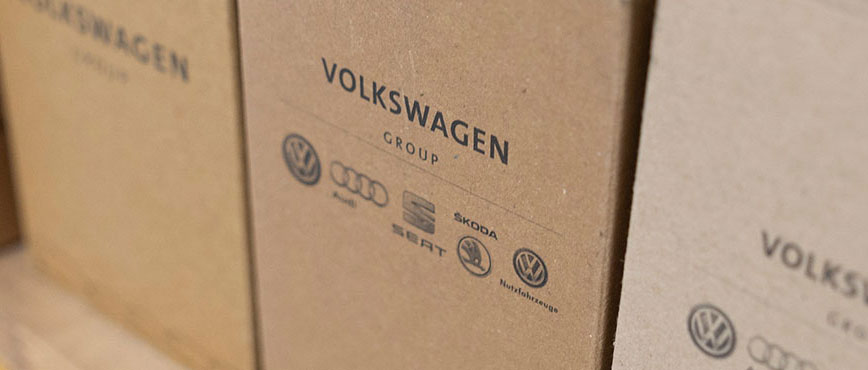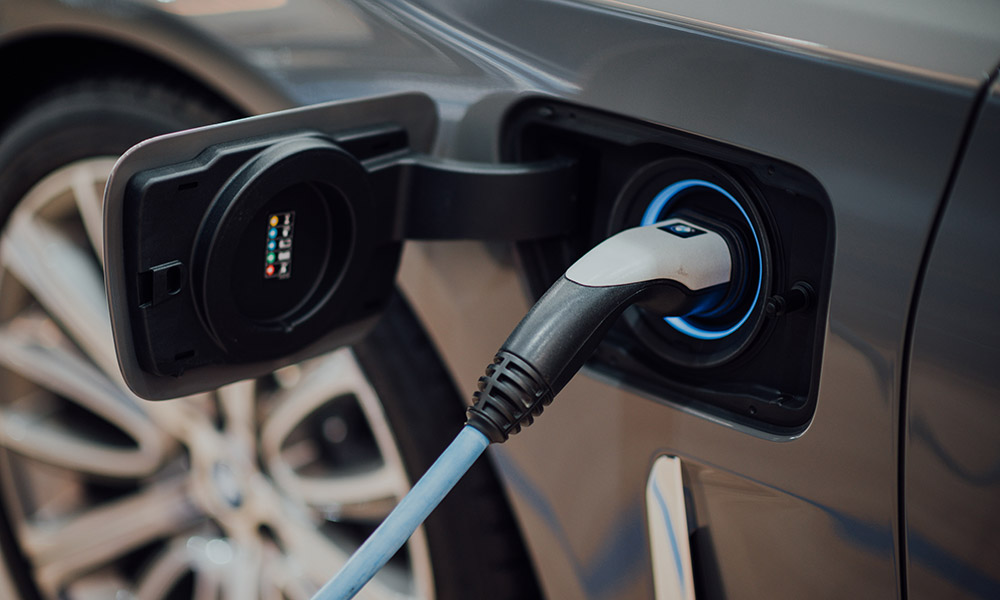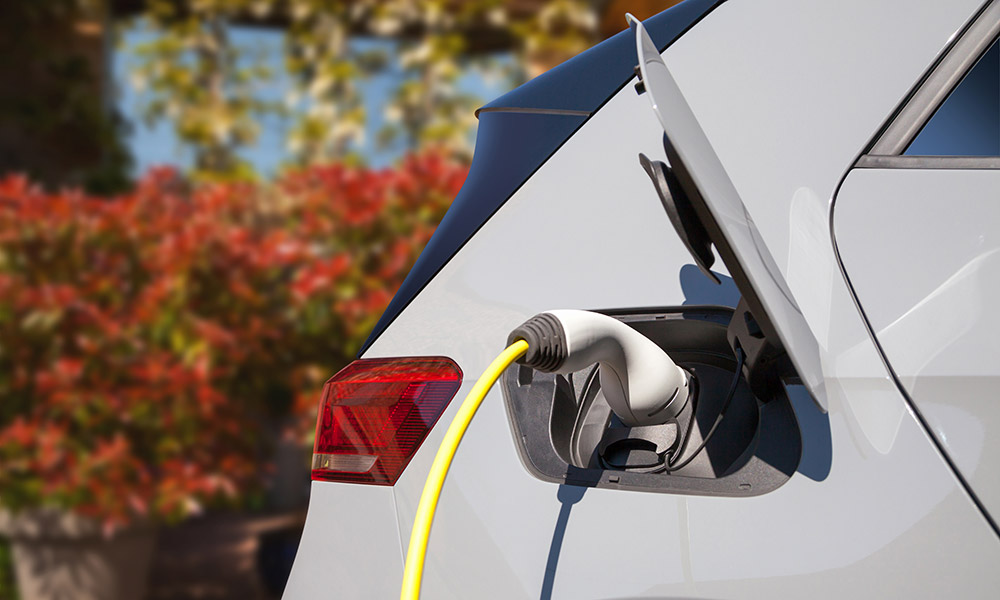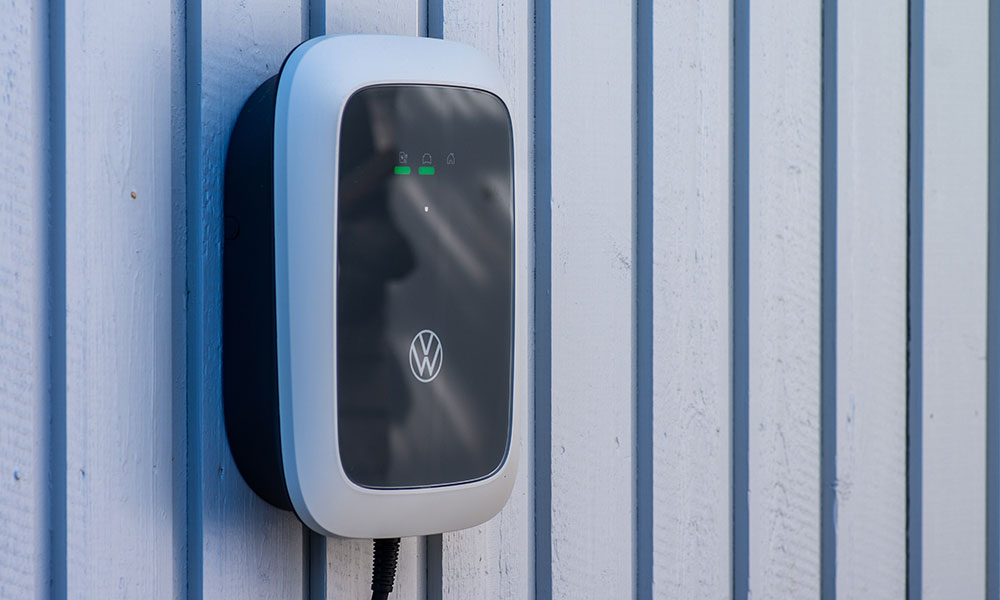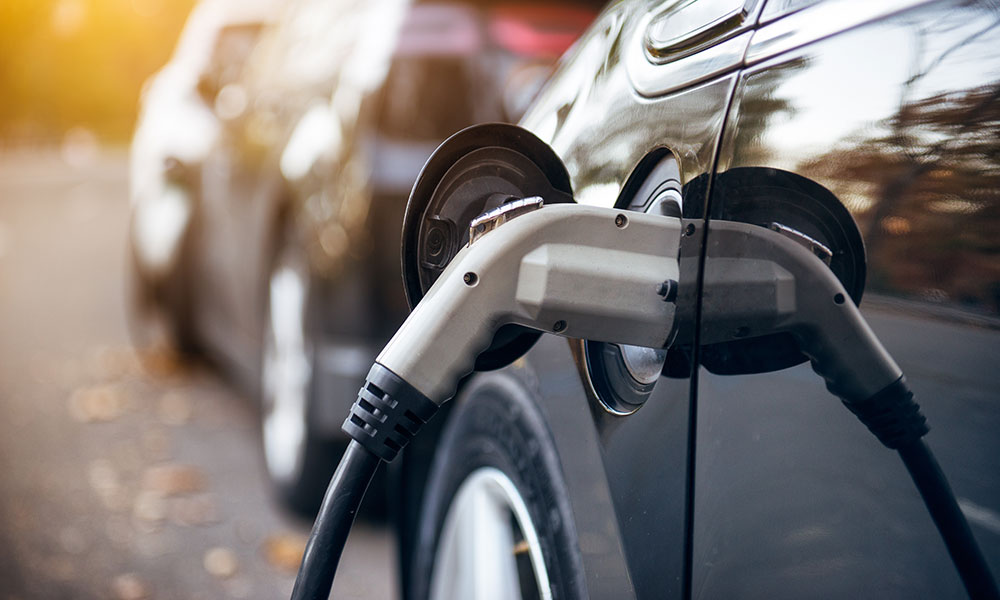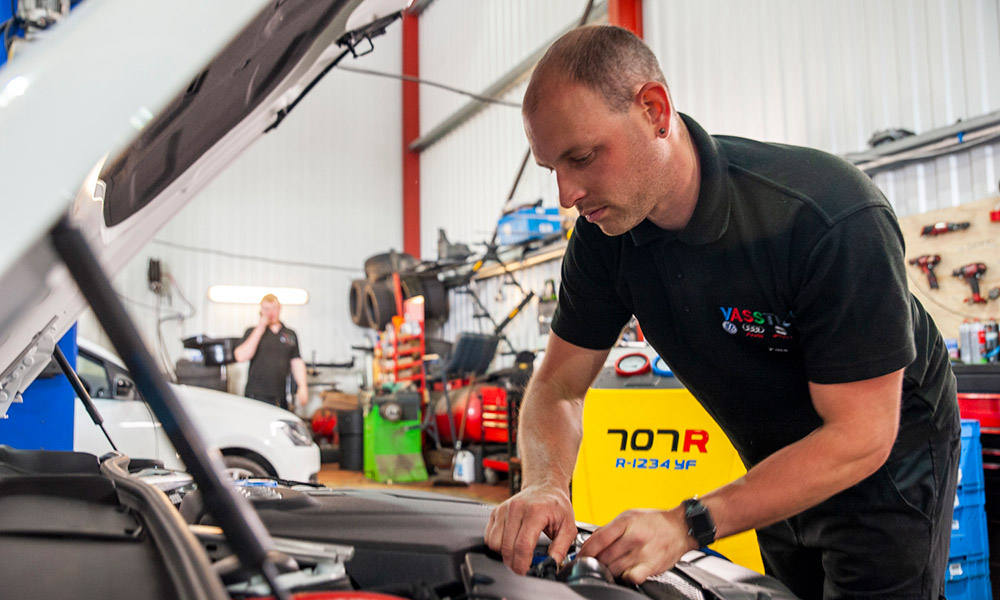Are hydrogen cars the future?
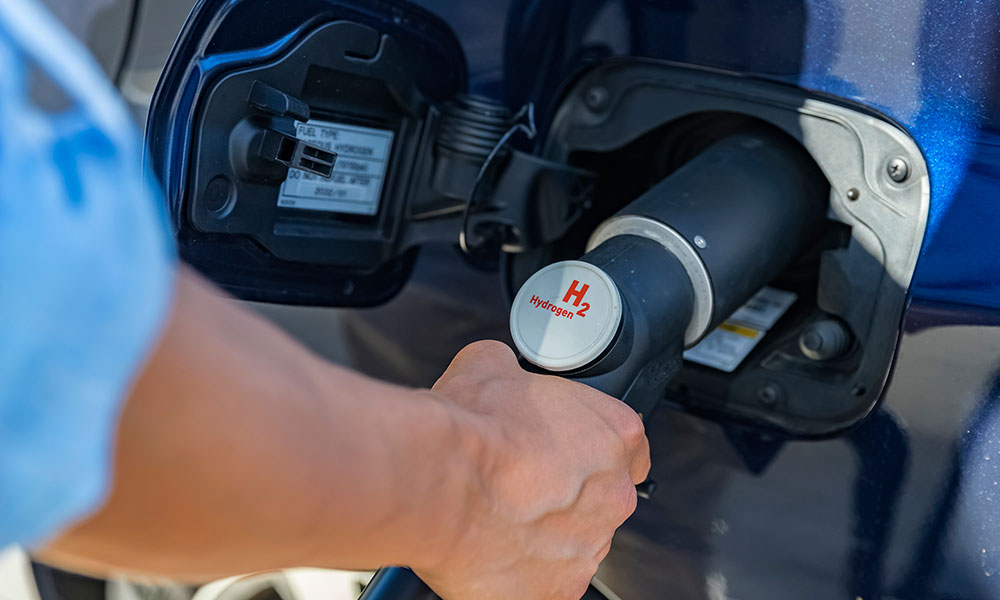
Though it might feel like electric cars are the big thing hitting the automotive market at the minute, discussions are currently underway about whether hydrogen cars could instead be the vehicle of the future.
While the idea of a hydrogen-powered car might feel incredibly futuristic, they’ve actually been around for a lot longer than you may think – since 1807 in fact! Swiss inventor Francois Isaac de Rivaz produced the first hydrogen and oxygen-powered vehicle, which you could technically say was the first of its kind. However, these were pretty humble beginnings, and significant developments have occurred since those early stages.
With that in mind, how do hydrogen cars work, and should we expect to see these types of vehicles taking over the roads in the imminent future?
How do hydrogen cars work?
First things first, what are hydrogen cars? How do hydrogen cars work?
This might feel like we’re stating the obvious a little, but we’ll go ahead anyway. Simply put, a hydrogen car is a car that uses hydrogen as its energy source.
In a hydrogen car, which could also be referred to as a Fuel Cell Vehicle (which is not quite as catchy), there’s no internal combustion engine (ICE). Instead, we’ll see a fuel cell in its place. These fuel cells convert hydrogen into electricity by separating electrons from the hydrogen molecules, and this electricity is what powers the motor and sets the car on its way.
Hydrogen cars work by relying on fuel cells, which operate by turning hydrogen into electrical energy, which is then used to power the electric motor.
These vehicles are very similar to electric vehicles, the only difference being in how they store their energy onboard.
All in all, the main selling point for these vehicles is that they offer clean fuel, with water being the only by-product – no noise or air pollution in sight.
Seems like the perfect pollution solution, right? Well, it might not be so clearcut
How is hydrogen made for cars?
Here’s where things get a little up in the air.
The vast majority of hydrogen production facilities opt for natural gas or nuclear power, which aren’t the most sustainable options. That being said, more eco-friendly options are in the works, such as CO2 capturing technology and electrolysis.
Similarly, sourcing hydrogen from renewable sources like solar and wind power could also be underway, potentially promising a totally sustainable, carbon-free future.
What are the benefits of hydrogen cars?
The most notable advantage of hydrogen cars is the emissions (or lack thereof) they produce. With water as the only by-product, hydrogen cars could be the step towards sustainability the automotive industry is seeking.
Though this is the same benefit that electric cars offer, EVs fall short when it comes to refuelling. A hydrogen car offers speed and ease, allowing you to fill up at the same rate you’d fill up a petrol tank, unlike an electric vehicle which could set you back hours for a full charge.
With all these benefits in mind, are hydrogen cars our future, or do electric vehicles still remain the better option?
Will hydrogen replace electric cars?
Hydrogen cars offer a very similar driving experience to EVs, but the main difference is that they take a fraction of the time to fill up. Just pull up at the station, fit the nozzle and off you go – a far more convenient solution to waiting hours on end for a full electric car charge.
So, what’s the hold up?
Well, to date, there are only 15 hydrogen refuelling stations across the entirety of the UK, sure to be a problem if you ever got stuck in a jam. This was a similar problem to what electric vehicles faced in their early stages, with few places to charge up on-the-go.
This is up for debate. While both offer a more environmentally-friendly option to petrol and diesel cars, hydrogen cars can be filled up in seconds. However, the sticking point is that there is a significant lack of hydrogen refuelling stations, understandably holding the market back.
Alongside the poor infrastructure, and the expense it would take to build the necessary stations, the question arises: is the environmental benefit of hydrogen cars worth the cost?
Well, this is a matter that’s also up for debate. Although the fumes these vehicles emit is clean, the way the hydrogen is produced may not be – an issue that electric vehicles don’t need to contend with. Many argue that because electricity does technically power a hydrogen car, it would be much easier to eliminate the middleman and stick to an EV.
Realistically, unless investors start pumping money into the production of hydrogen refuelling stations, it’ll be virtually impossible for these vehicles to replace EVs.
When will hydrogen cars be available?
Currently, there are two models of hydrogen car on the market today, the Toyota Mirai and the Hyundai Nexo SUV – both of which come fitted with a hefty price tag. This large cost is another factor we can attribute to the currently failing takeoff of hydrogen cars.
And it’s not just the cars that are expensive, hydrogen is pricey too, and of course, refuelling stations are sparse. It’s a vicious cycle at the moment, with the biggest hurdle clearly being the lack of refilling stations, but it seems that investors are unwilling to build stations without a strong demand.
Electric cars currently seem to be the favourable option for a more sustainable vehicle out of the two, simply because of the lack of infrastructure to facilitate hydrogen vehicles.
To promise the widespread adoption of these vehicles, it looks like developments will need to happen to produce hydrogen in a more cost-effective, sustainable manner, alongside building the proper infrastructure to drive the demand. Research does suggest that hydrogen cars could be on the up however, with China investing in their infrastructure, alongside a proposed one million hydrogen vehicles on the roads by 2027.
All in all, it’s uncertain whether we can answer the question of “Are hydrogen cars the future?”, or if a revolution is just an idea for the distant future. Time will only tell…
If you’re interested in a carbon-free car, whether that be electric or hydrogen, we’ve got plenty of top tips up our sleeve to help you go green – get in touch today to learn more!

